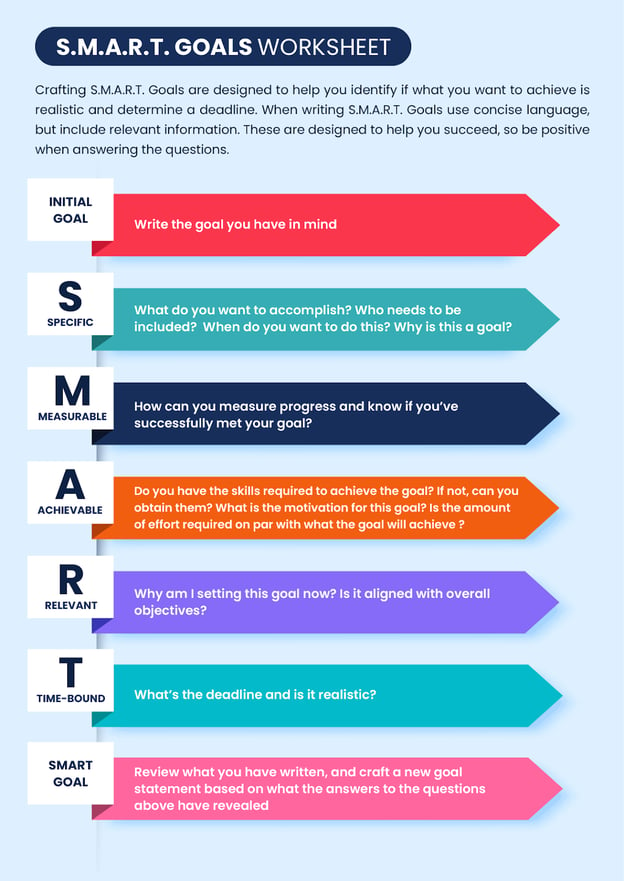How to define your startup’s purpose – StartupSmart

A purpose-driven company believes it can advance society by harnessing the influence and power of its impact.
The company’s purpose provides the fundamental reason for its existence and underpins its product or service offering.
A recurring joke on HBO’s Silicon Valley comedy has every company spuriously ending their pitches with “to make the world a better place”.
We hear this a lot at Trimantium too. So, how do founders actually make their purpose authentic?
1. Define the problem
Consider what you are providing to your customers and how it improves their lives or improves a current process or product.
Are you saving time through efficiency? Are you helping customers make better decisions and saving them money with greater transparency and choice? The answer to these questions should be the core of your purpose thesis.
Google’s mission – “to organize the world’s information, and make it universally accessible and useful” – is one that is broad enough to provide scope for the company to explore new opportunities but it also clearly defines their solution.
2. Make it personal
Founders need to truly believe in the purpose of their company. Although many people may see Facebook as a social media platform, founder Mark Zuckerberg has encompassed his personal vision in the purpose of his company.
Through Facebook, Zuckerberg aims “to give everyone in the world the power to share and make the world more open and connected”. By making the mission personal to the founder, it is authentic and sets the tone to attract a like-minded, vision-aligned team where everyone is working towards something in which they can believe.
At Trimantium, we are looking for founders and teams solving a real problem that are also the best placed people in the world to solve that problem. We’re looking for companies where the founder or team have intimate experience with the problem they are solving and are truly passionate about it.
3. Think long-term
The purpose needs to be resilient.
Is it something you can stay true to once your business grows to a certain size? When you’re envisioning the path the business is taking can the mission stay with you? Could a corporate acquirer get on board with your vision? Or could you win over retail investors if you listed in the future?
Etsy, whose vision is “to reimagine commerce in ways that build a more fulfilling and lasting world”, is a certified B Corp. It is one of the first companies to challenge traditional investors’ preconceived notions that having goals related to positive societal impact could hinder business profitability. While still often quoted as “one of the worst IPOs of 2015”, I’m hoping Etsy can bounce back to help pave the way.
By setting a long-term vision, founders are building business resilience and sustainability. More and more, investors are beginning to realise that being purpose-driven can help to future-proof a company’s foundation.
4. Test your purpose
Founders need to make sure their purpose is relevant and resonates with their key stakeholders, including those they hope will be investors and customers.
This could mean speaking directly to potential investors and customers during the formation stage of your business or speaking with those who know them intimately.
In the embryonic stages of one of our portfolio companies, the team met with a number of key people to make sure the company’s vision resonated with them and would compel them to join. With the knowledge that our purpose had traction, we could then proceed more confidently with the company’s launch.
A purpose-driven business is a great marketing tool for communicating and connecting with customers. It’s also an important cultural alignment tool for employees and investors.
You can follow Bonnie Tran on Twitter.
Follow StartupSmart on Facebook, Twitter,LinkedIn and SoundCloud.

